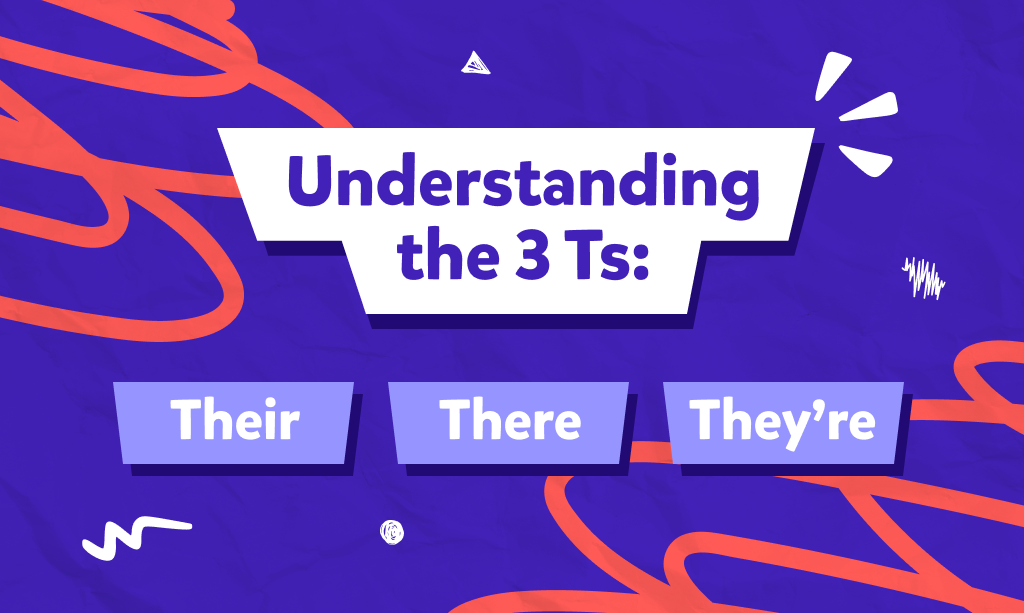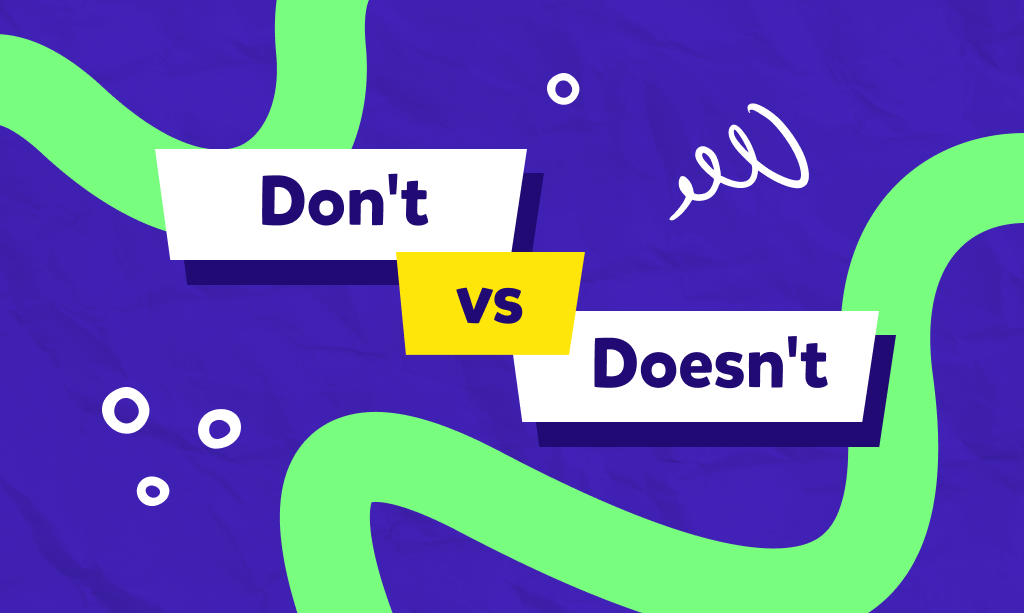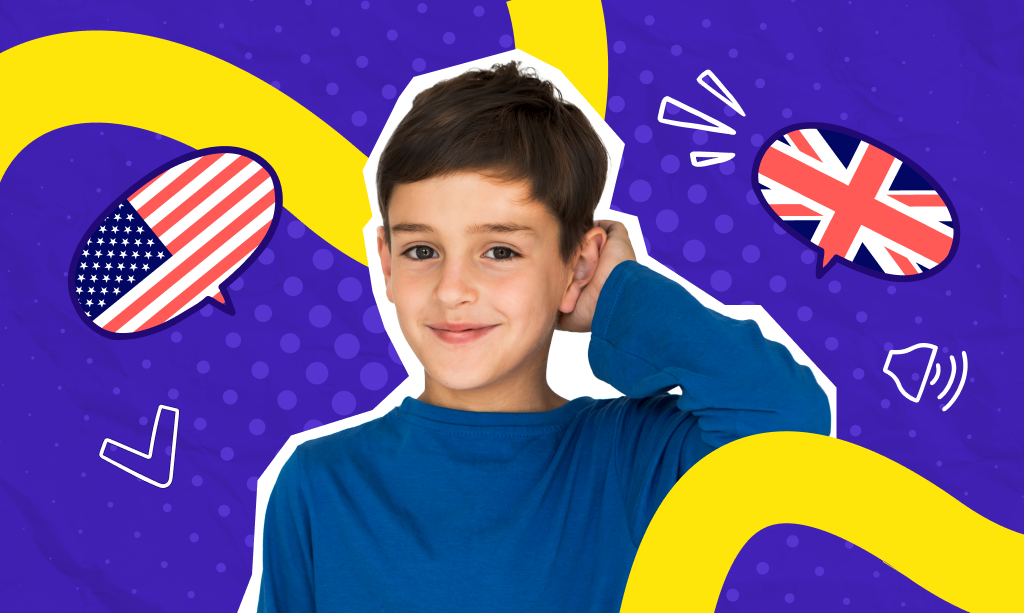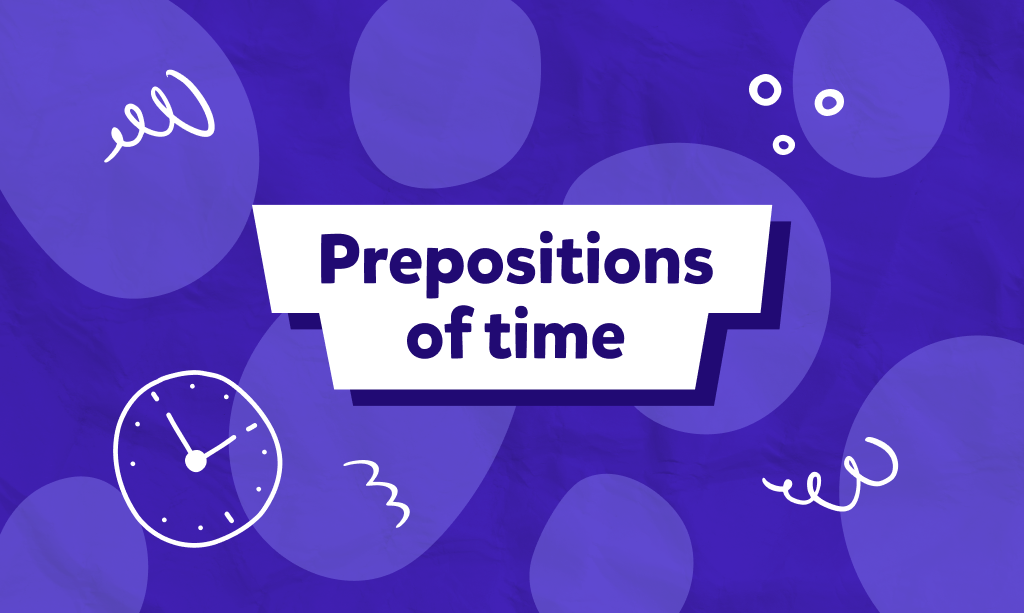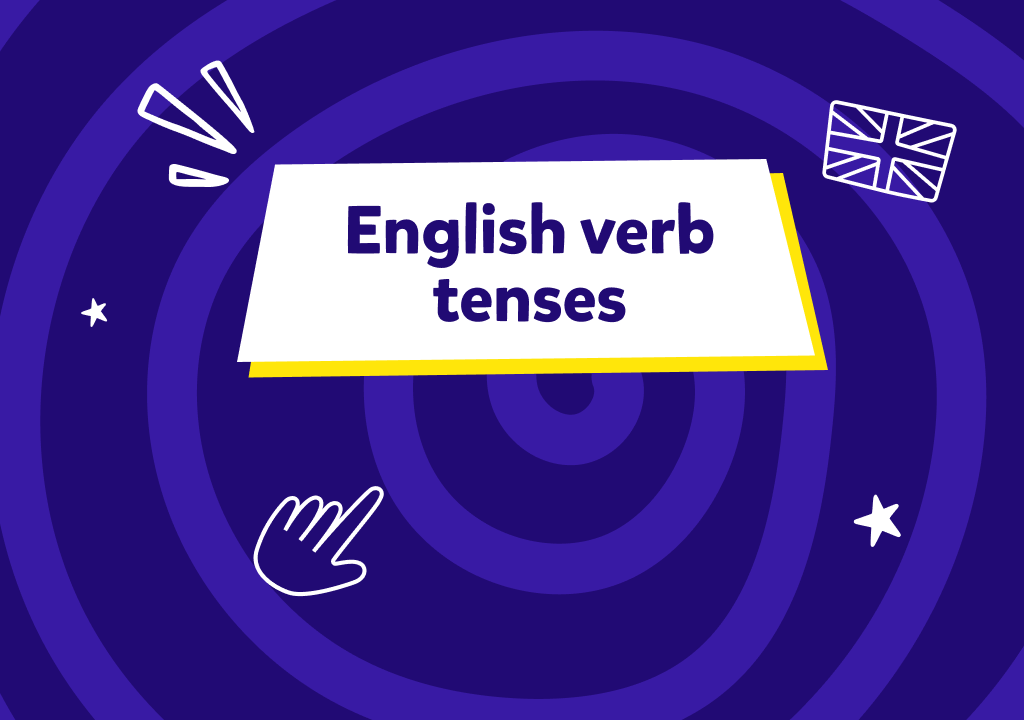Present Simple praktyczne zadania do rozwiązywania
Poniżej przygotowaliśmy trzy rodzaje ćwiczeń, które pomogą Ci lepiej zrozumieć i utrwalić czas Present Simple. Znajdziesz tu zadania typu „wypełnij lukę”, gdzie uzupełnisz zdania odpowiednią formą czasownika, testy wyboru, w których wskażesz poprawną odpowiedź, oraz ćwiczenia polegające na uzupełnianiu dialogów. Te zadania pozwolą Ci usystematyzować wiedzę, sprawdzając jednocześnie, jak dobrze radzisz sobie z używaniem Present Simple w różnych kontekstach. A jeśli wcześniej wolisz sprawdzić swój poziom angielskiego, to możesz to zrobić w kilka minut, wykonując nasz darmowy test diagnostyczny!
Ćwiczenia „fill the gap”
Uzupełnij zdania, wstawiając odpowiednią formę czasownika.
1. Codzienne czynności
I usually _______ my teeth before breakfast. (brush) 
brush
She _______ to the gym every Tuesday. (go) 
goes
They often _______ coffee in the morning. (drink) 
drink
My brother _______ to school by bus. (travel) 
travels
We _______ dinner at 6 PM every day. (have) 
have
He usually _______ his homework in the evening. (do) 
does
The train _______ at 9 AM every day. (leave) 
leaves
I often _______ a walk after lunch. (take) 
take
She _______ her friends on weekends. (visit) 
visits
They always _______ the news in the evening. (watch) 
watch
2. Fakty
Water _______ at 100 degrees Celsius. (boil) 
boils
The Earth _______ around the Sun. (revolve) 
revolves
Cats _______ mammals. (to be) 
are
The capital of France _______ Paris. (to be) 
is
A triangle _______ three sides. (have) 
has
Birds _______ eggs. (lay) 
lay
The human body _______ 206 bones. (contain) 
contains
The sun _______ in the east. (rise) 
rises
Gold _______ a valuable metal. (to be) 
is
Elephants _______ the largest land animals. (to be) 
are
3. Opisy osób i miejsc
My sister _______ long brown hair. (have) 
has
The library _______ many books and resources. (contain) 
contains
He _______ tall and athletic. (to be) 
is
This restaurant _______ delicious Italian food. (serve) 
serves
Our house _______ a large garden. (have) 
has
The park _______ a beautiful lake. (feature) 
features
She _______ a friendly smile and bright eyes. (have) 
has
The museum _______ interesting exhibits about history. (have) 
has
He _______ a passion for painting and art. (has) 
has
The city _______ many tall buildings and busy streets. (contain) 
contains
4. Zdania z czasownikiem „to be”
I _______ a student at the university. 
am
She _______ my best friend. 
is
They _______ happy with their new home. 
are
The sky _______ blue on a clear day. 
is
We _______ excited about the upcoming trip. 
are
He _______ a talented musician. 
is
The flowers _______ beautiful in the spring. 
are
It _______ important to stay healthy. 
is
My parents _______ very supportive. 
are
5. Trzecia osoba liczby pojedynczej
She _______ to the gym every morning. (go) 
goes
He _______ his homework after school. (do) 
does
The dog _______ in the yard. (play) 
plays
My mother _______ delicious meals for the family. (cook) 
cooks
The baby _______ every night at 7 PM. (sleep) 
sleeps
The teacher _______ the students about math. (tell) 
tells
The cat _______ on the windowsill. (sit) 
sits
My brother _______ video games after dinner. (play) 
plays
She _______ her bike to school every day. (ride) 
rides
The company _______ great products for its customers. (make) 
makes
Ćwiczenia „wybierz poprawną odpowiedź”
Wybierz poprawną odpowiedź, aby uzupełnić zdania odpowiednią formą czasownika.
1. Wybierz czasownik w odpowiedniej formie
I ___ (play/played) tennis every day. 
play
She ___ (drink/drank) coffee in the morning. 
drinks
They ___ (go/going) to school by bus. 
go
He ___ (like/liked) to read books. 
likes
My father ___ (work/working) at a bank. 
works
The cat ___ (chase/chased) the mouse. 
chases
We ___ (watch/watched) TV in the evening. 
watch
She ___ (study/studied) French at school. 
studies
The sun ___ (rise/rose) in the east. 
rises
2. Stwórz pytania
___ (you/go) to the store every Saturday? 
Do you go
___ (she/like) chocolate? 
Does she like
___ (they/play) football after school? 
Do they play
___ (he/finish) his homework on time? 
Does he finish
___ (you/study) for the test yesterday? 
Do you study
___ (the dog/bark) at night? 
Does the dog bark
___ (we/visit) our grandparents this weekend? 
Do we visit
___ (she/read) a book every month? 
Does she read
___ (he/go) to the gym regularly? 
Does he go
___ (they/see) the movie last night? 
Do they see?
3. Wybierz poprawną odpowiedź
3. Ćwiczenia i testy z dialogami
Przeczytaj poniższe dialogi i uzupełnij brakujące formy czasownika.
Osoba A: What time ___ (you/get up) in the morning?
Osoba B: I ___ (get up) at 7 AM every day.
Osoba A: Where ___ (she/work)?
Osoba B: She ___ (work) at a local café.
Osoba A: How often ___ (they/go) to the gym?
Osoba B: They ___ (go) to the gym three times a week.
Osoba A: What ___ (he/do) in his free time?
Osoba B: He ___ (play) the guitar and ___ (read) books.
Osoba A: Why ___ (you/like) this movie?
Osoba B: I ___ (like) it because it’s very interesting.
Odpowiedzi 
- do you get up | get up
- does she work | works
- do they go | go
- does he do | plays, reads
- do you like | like
Mamy nadzieję, że dzięki tym ćwiczeniom z czasu Present Simple teraz już doskonale wiesz, jaka jest budowa zdań i ich zastosowanie. Jeżeli Twoje dziecko chce poprawić swoją wymowę i utrwalić gramatykę, zapraszamy na bezpłatną lekcję próbną w szkole językowej Novakid! To świetna okazja, aby poznać gramatykę i rozbudować słownictwo w przyjaznej atmosferze.
Podczas zajęć maluchy mają szansę ćwiczyć tworzenie zdań i opisywać codzienne czynności w przyjemny i przystępny sposób. Z nami nauka stanie się zabawą, a dziecko nabierze pewności w komunikacji!


































